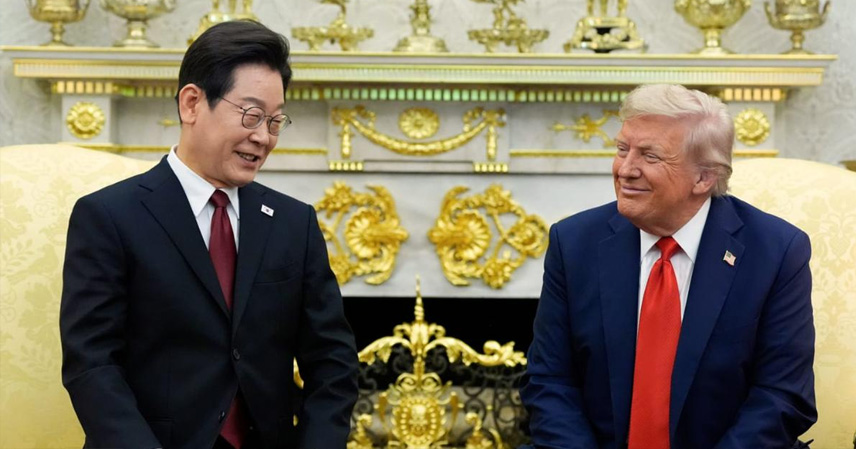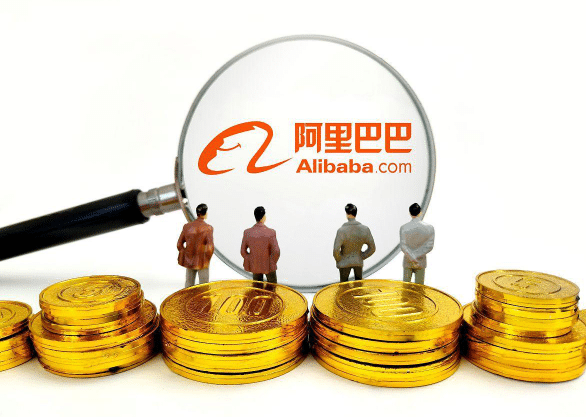In a dramatic turn of events, Donald Trump has demanded $900 billion in cash from Japan and South Korea, framing it less as a cooperation deal and more like a “protection fee.” With U.S. fiscal deficits mounting, Trump insists that the two Asian allies must first pay upfront before any discussions on security, cooperation, or alliance can proceed.
Allies in Shock: Cash First, Cooperation Later
For both Japan and South Korea, the demand is staggering. South Korea faces a bill of over 20 trillion yuan (approximately $2.7 trillion KRW equivalent), payable in cash, without credit or delay. President Lee Jae-myung openly admitted that such a requirement could push South Korea into its most dangerous economic state in decades.
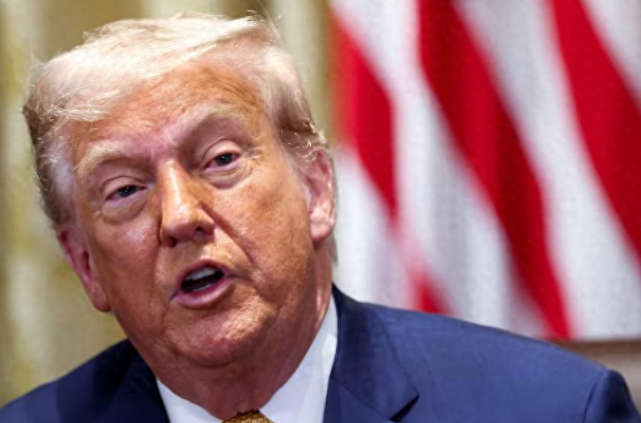
Seoul attempted to negotiate, suggesting installment payments or treating the money as long-term investment, but Trump’s response was blunt: “No. Pay first, talk later.” For him, this is about securing immediate funds to offset U.S. fiscal troubles, not about strengthening alliances.
Japan, though wealthier, is equally cautious. Tokyo remembers how U.S. pressure contributed to Japan’s bubble economy collapse decades ago. Now, facing its own issues of aging demographics, fiscal deficits, and weak consumption, the Japanese government is wary of opening a door that may never close.
Trump’s Business Logic: Security for Sale
Trump’s rhetoric is simple: “I give you security, you give me money.” He even admitted the cash would be used to “improve America’s fiscal situation”—a rebranding of alliance costs as “advance security payments.”
This approach strips away the traditional language of alliances and cooperation, reducing allies to clients purchasing protection. For Japan and South Korea, the shift from partners to paying customers has been a rude awakening.
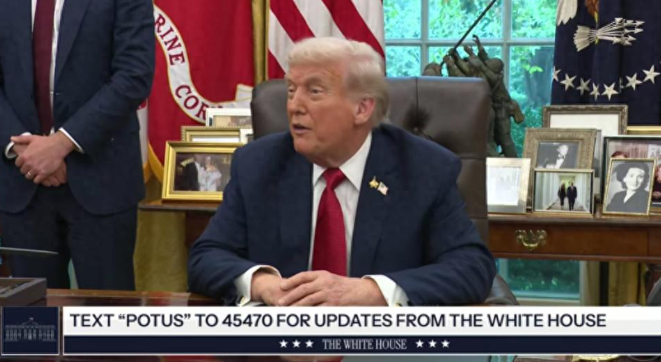
APEC Summit: A Test of Nerves
South Korea hoped to use the upcoming APEC Summit as a platform to renegotiate terms, but Trump’s attendance remains uncertain. Even if he shows up, his stance appears inflexible: pay now or lose security guarantees.
This leaves Seoul trapped between domestic outrage and external pressure. Citizens criticize the government for lacking backbone, yet fear the risks of angering Washington. Japan is more discreet but faces the same dilemma—paying could set a dangerous precedent for endless U.S. demands.
Strategic Partners or ATM Machines?
The crisis reveals a deeper conflict: U.S. expectations under Trump have shifted from strategic partnership to transactional cash deals.
- Japan and South Korea still talk about cooperation and investment.
- The U.S. under Trump only talks about cash transfers.
This mismatch ensures that negotiations remain at a deadlock. Moreover, both Tokyo and Seoul worry that once they pay this $900 billion bill, future U.S. demands will only grow larger.
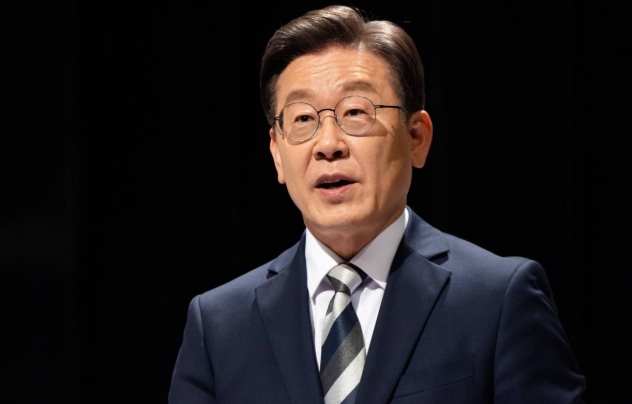
Redefining the Alliance
Beyond economics, this episode has cracked the façade of the U.S.-Japan-Korea alliance. Once framed as “friendship,” it is now exposed as a cash-for-security relationship.
For Tokyo and Seoul, the real cost may not be the $900 billion itself, but the erosion of trust and the danger of becoming permanently bound as financial dependents.
Trump’s approach sends a clear message: the U.S. will no longer provide unconditional protection. Any benefits must be bought upfront.
The question now facing Japan and South Korea is not just whether to pay—it is whether this redefined alliance is worth the price.
References:
- Statements from South Korean and Japanese officials on U.S. demands
- Historical data on U.S.-Japan trade and bubble economy collapse
- APEC Summit announcements

